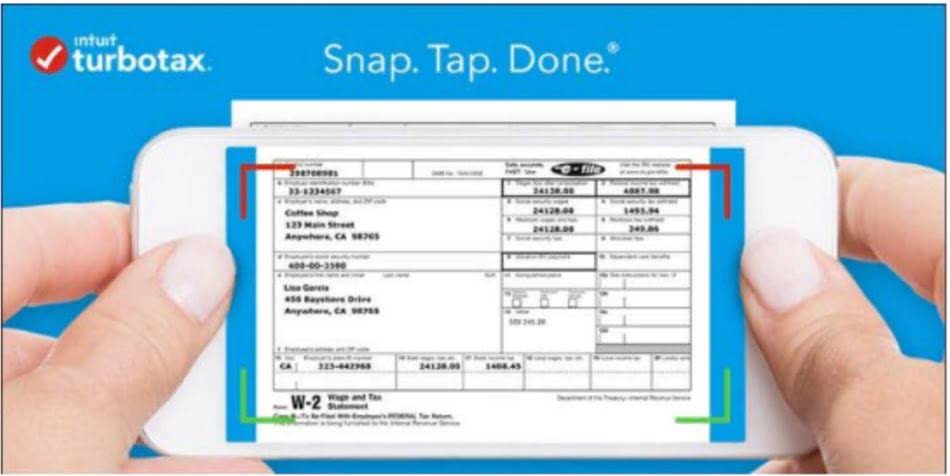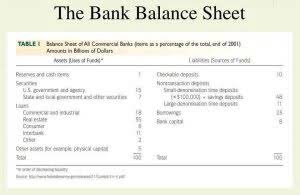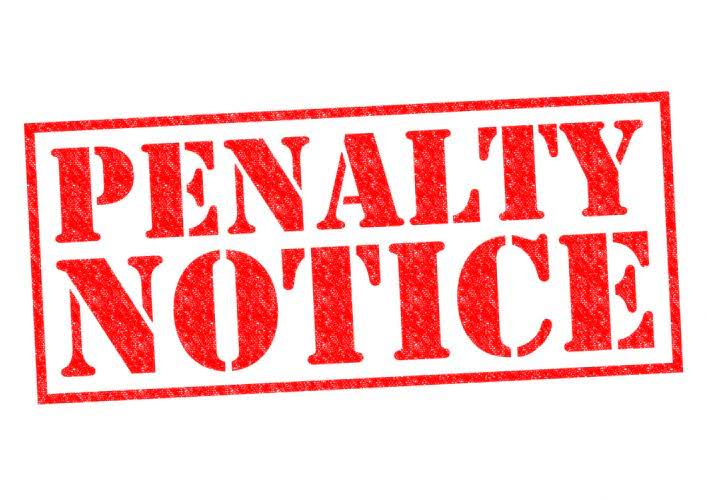
Following the physician’s certification, patients usually need to register with their state’s medical marijuana program to receive a medical marijuana card. State registration or licensing fees for these cards can vary, typically ranging from $25 to $150 annually, with some states offering reduced fees for certain groups, such as those on assistance programs. Since tax codes change frequently, staying updated on legislative changes is necessary. Additionally, some states impose special taxes on marijuana sales, such as excise or retail taxes, which are generally medical marijuana accounting not deductible, even in states that allow medical marijuana deductions. For beginner farmers and established businesses alike, navigating this maze can be daunting. However, with the right tools, detailed record-keeping, and a commitment to staying updated on regulations, success is within reach.

Medical Marijuana: Benefits and Side Effects

For New Jersey residents, Colorado patients, and users across the country, this partnership provides the fastest, most affordable route to legal medical cannabis access. Herb has partnered with NuggMD to provide the most accessible path to medical marijuana certification. As Herb’s comprehensive guide explains, NuggMD has revolutionized the process with over 2 million patients served since 2008. Through this partnership, Herb readers get special discounts, including the HERB10 code for $10 off consultations.
IRS Compliance and Solid Recordkeeping for Medical Marijuana Accounting
All of them later went on to vote in the majority opinion of Dobbs v. Jackson Women’s Health Organization, the Supreme Court case overturning Roe v. Wade and ending federal abortion rights nationwide. A survey conducted by a GOP pollster affiliated with Trump that was released in April found that a majority of Republicans back a variety of cannabis reforms, including rescheduling. And, notably, they’re even more supportive of allowing states to legalize marijuana without federal interference compared to the average voter. U.S. Department of Health and Human Services (HHS) Secretary Robert F. Kennedy Jr. was previously vocal about his support for legalizing cannabis, as well as psychedelics therapy.
Trulieve Cannabis
This federal classification means that, despite its legalization for medical use in numerous states, cannabis is still illegal at the federal level. These codes are essential for processing insurance claims, as they standardize the description of medical procedures and services for billing purposes. Without these established codes, integrating medical marijuana into standard insurance claims systems becomes administratively difficult. The Internal Revenue Service (IRS) defines qualified medical expenses for HSA purposes. These expenses generally include costs for diagnosing, curing, mitigating, treating, or preventing disease, primarily to alleviate or prevent a physical or mental defect or illness. Examples of common qualified expenses include doctor visits, prescription medications, vision care, and dental treatments.
- Veriheal stands out with its extensive state coverage and standardized pricing model.
- As mentioned earlier, the banking challenges faced by the cannabis industry often result in dispensaries dealing with large amounts of cash.
- Our software is equipped with finance-oriented features and integrations that can help you save time, guarantee accuracy, and ensure compliance.
- Contaminated products, with high levels of pesticides or germs, also have been reported.
- In February 2021, the quasi-investment firm, cannabis producer, cannabis retailer, and liquor retailer traded above $20.
- And remember that many tools, such as Distru, can streamline medical marijuana accounting.
- Its banners include Ace Liquor (133 locations as of December 31), Liquor Depot (19), and Wine and Beyond (13), with locations in Alberta and B.C.
- You’ll also need to calculate the cost of goods sold (COGS), which should encompass all expenses related to cultivation, manufacturing, and compliance.
- Insurers cannot cover treatments or substances deemed illegal by federal law, even if individual states have legalized medical marijuana.
- Software solutions like Distru are available for dispensary accounting, offering features such as advanced tracking, seamless integrations with platforms like QuickBooks and Metrc, and environmental logging for compliance.
- Medical marijuana, or medical cannabis, uses the cannabis plant or chemicals in it to treat symptoms or conditions.
These specific medications have undergone the rigorous FDA approval process and are distinct from botanical medical marijuana. This federal prohibition directly impacts how medical marijuana is treated for tax purposes, including its eligibility for payment from tax-advantaged accounts like HSAs. The federal government’s stance takes precedence over state laws when it comes to federal tax matters. Therefore, even in states where medical marijuana is legal and prescribed by a physician, its federal classification creates a conflict for HSA usage. Medical marijuana is legal in many states, but tax rules surrounding it are complex. Many taxpayers wonder whether they can deduct medical cannabis expenses like other healthcare costs, especially with a prescription or doctor’s recommendation.

Marijuana companies also have to keep strict track of inventory costs for tax season to ensure they don’t get fined extra fees. Carter, unlike Lev, has called medical marijuana a “fantastic” treatment option for seriously ill patients and said she doesn’t have a “problem” with legalization, even if she might not personally agree with the policy. The FDA has not approved any medical use of the cannabis plant (Cannabis sativa L.) itself or any of the many products made directly from the plant. Some states don’t allow medical use of potentially intoxicating products high in THC. However, they do allow some access or provide legal protections for people using products low in THC but high in CBD for medical or research reasons.
HSA holders must adhere to federal guidelines to avoid potential tax liabilities and penalties. Regularly updating oneself on state and federal regulations ensures that your farming operations remain compliant. With Cannacctg’s Outsourced CFO Services, businesses gain access to a team of experts well-versed in cannabis accounting. This means having a dedicated http://ingofiebig.de/2024/05/24/cost-principle-the-cost-principle-approach-to/ team without the overhead costs of hiring full-time staff.
Minnesota Society of Certified Public Accountants

There’s not enough evidence to say whether medical marijuana works or not for many other conditions, including irritable bowel syndrome, Parkinson’s disease, and addiction to other substances. The cannabis plant contains more than 100 different chemicals called cannabinoids. Delta-9-tetrahydrocannabinol (THC) and cannabidiol (CBD) are the main chemicals used in medicine. THC also produces the “high” people feel when they smoke marijuana or eat foods containing it. Taxpayers looking to claim eligible deductions on their state return must have detailed receipts from dispensaries specifying the date of purchase, amount paid, and itemized descriptions of the products obtained.
Find a Medical Marijuana Treatment Center
The IRS Section 280E has become the biggest taxation-related challenge for medical marijuana businesses. Medical marijuana businesses need to HOA Accounting develop a chart of accounts based on the industry’s specific characteristics and requirements, which demands careful consideration. This provision makes it more challenging for cannabis businesses to remain compliant with IRS regulations. For example, it requires adherence to specific accounting practices and meticulous recordkeeping.